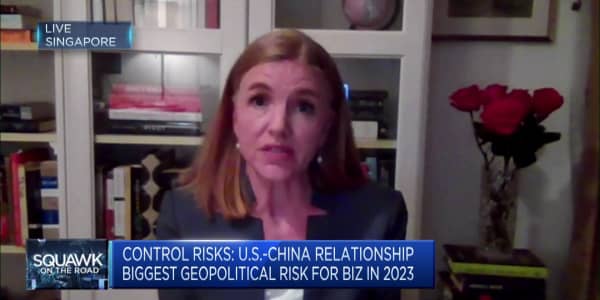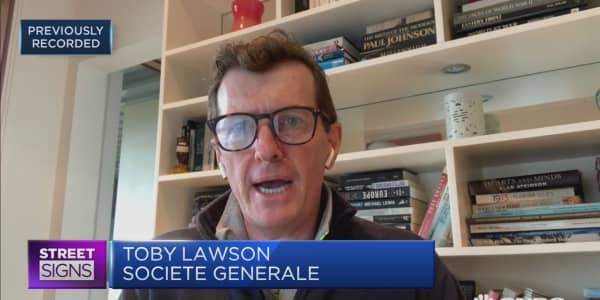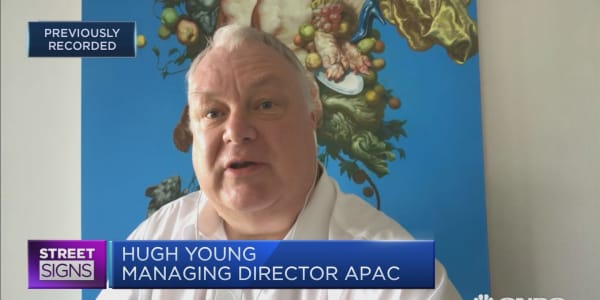World governments are at risk of being infected by their own kind of "moral hazard" just as damaging as the mindset that led to the financial crisis, analysts at Citi warn.
The term "moral hazard" has most notably been used to describe banks becoming increasingly complacent about risk thanks to the knowledge that billions of taxpayer dollars would be used to shore up their books and prop up an industry in case of an emergency.
But now, analysts at Citi are warning of a paradigm shift towards "disruptive de-globalization" among governments. Instead of this "moral hazard" occurring in the financial world, political analysts Tina Fordham and Seth Kleinman say that it could occur in foreign policy departments. And instead of government bailouts, this time the risks are being compounded by quantitative easing (QE) by global central banks and the use of shale gas production in the U.S. which has managed to keep a cap on oil prices.
Read MoreDisasters may cost $421B by 2030: Study
"While the presence of these (oil) buffers limits market disruption and damage to the global economy, it could be contributing to a variation of moral hazard risk for foreign policy, exacerbating the crises at the regional level and raising the threshold for international action," the two analysts said in a research note on Tuesday morning.
Along with increasing ambivalence to full-blown military intervention among U.S. and European governments and constrained appetite for greater defense expenditure, they believe that foreign policy by the West could start to opt for "piecemeal intervention" that they say would treat the symptoms of the disruption without addressing the underlying causes.
Read MoreThere's no fear in the markets: Time to worry?
The U.S. launched airstrikes in Syria on Tuesday, with reports that it has killed dozens of Islamic State fighters and widened its new war in the Middle East at the same time. This comes after similar strikes in the north of Iraq against militants and means the U.S. has now entered into the three-year-old Syrian civil war, which has killed more than 100,000 people and displaced nearly 9 million since March 2011, according to the United Nations.
Last year, U.S. President Barack Obama had to put military strikes against Syrian government forces on hold after failing to win favor for the actions in U.S. Congress. This came after U.K. Prime Minister David Cameron lost a vote in August with policymakers deciding to instead force Cameron to rule out a British attack on Syria. The move was widely seen as the first real evidence of "conflict fatigue" with the U.K. public perceived as growing weary of foreign intervention after long term conflicts in Afghanistan and Iraq.
However, a crisis may be around the corner. The U.S. Federal Reserve is now coming to the end of its QE program, which had at one point injected $85 billion-a-month in the economy and had coincided with a six-year bull market for equities. It's also hinted at the possibility of raising interest rates and reversing its ultra-easy monetary policy and effectively taking away a backstop that has been in a place for stock markets since the economic crash of 2008.
Read MoreBeware: Wild cards to watch for in 2015
This turn in the U.S. rate cycle (which Citi expects to occur in 2015) could mean that markets will find it harder to ignore the headline news stories from Syria and Ukraine, according to Kleinman and Fordham.
"Fed tightening clearly represents an important test for global financial markets," they said in the note. "It could trigger increased market volatility. And if this were to occur at a time when shale oil production is less able to dampen volatility in the oil price then finally global investors might be forced to take real notice of recent worrying geopolitical developments."






